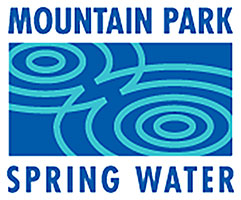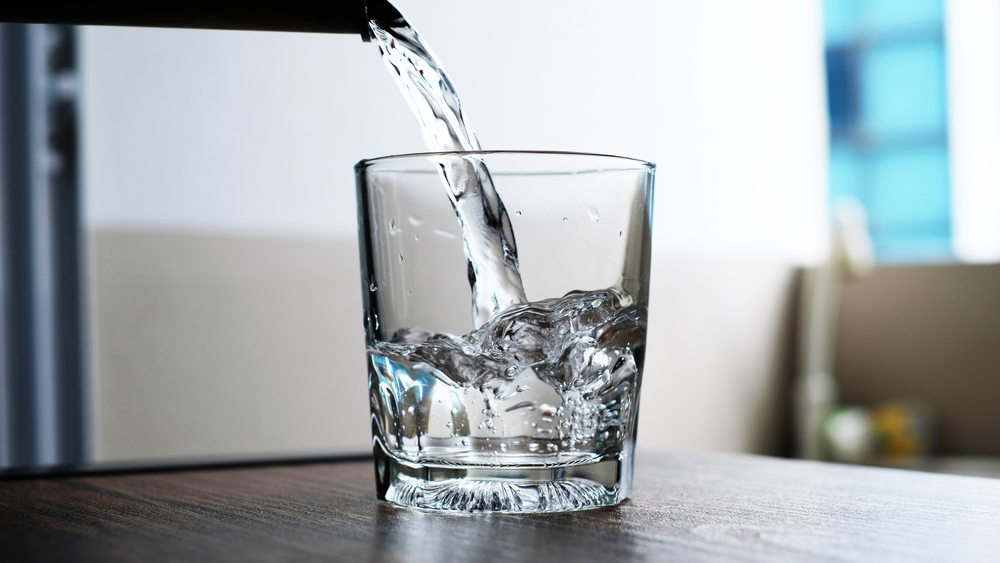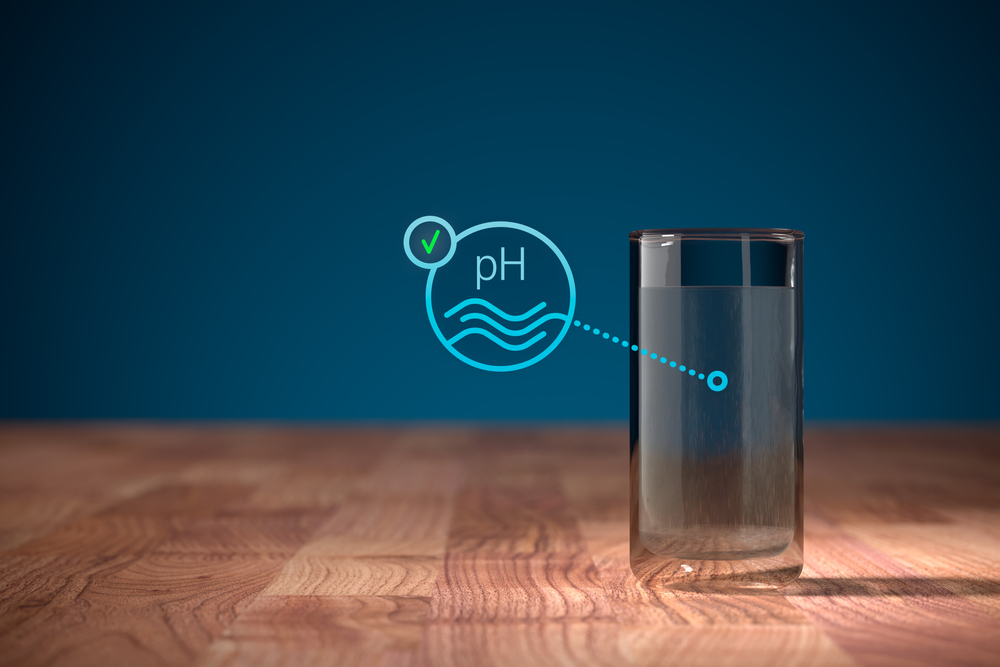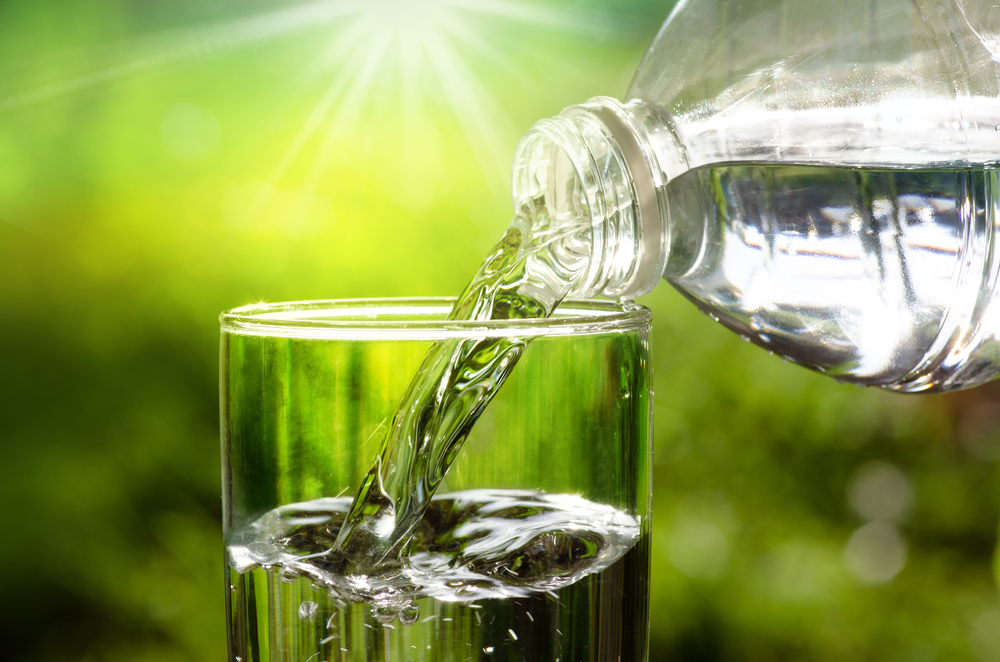Access to clean, safe water is essential for daily living, whether for drinking, cooking, or other household uses. While many people rely on bottled water for their hydration needs, others are turning to point of use water filtration systems as a convenient and sustainable alternative. But is a point of use water filtration system the
CONTINUE READINGCategory: Purified Water
Spring or Alkaline Water: Which Is Healthier to Drink?
Water is an essential part of life, and its quality directly impacts your health. With numerous options available on the market, choosing between spring water and alkaline water can be a tough decision. Both have their unique benefits, but which is the healthier option for you? What Is Spring Water? Spring water is sourced from
CONTINUE READINGWhat Is Spring Water? Everything You Need to Know
Water is essential for life, but not all water is created equal. If you’ve ever stood in front of the bottled water section at your local store, you’ve probably noticed various labels—purified water, distilled water, mineral water, and, of course, spring water. But what exactly is spring water, and why has it become a popular
CONTINUE READINGWhat Are the Differences in Drinking Tap Water and Purified Water?
Water is an essential part of our daily lives, making up roughly 60% of our bodies and playing a crucial role in every function, from maintaining body temperature to aiding digestion. With the sheer amount of water we consume daily, it’s important to know what’s in the water we drink. When it comes to choosing
CONTINUE READINGPurified vs. Distilled Water: What’s the Difference?
When it comes to water, not all types are created equal. From spring water to mineral water to purified and distilled water, the choices can get a bit overwhelming. Two terms that often come up in conversations around clean drinking water are “purified water” and “distilled water.” Although they are often used interchangeably, they are
CONTINUE READING



